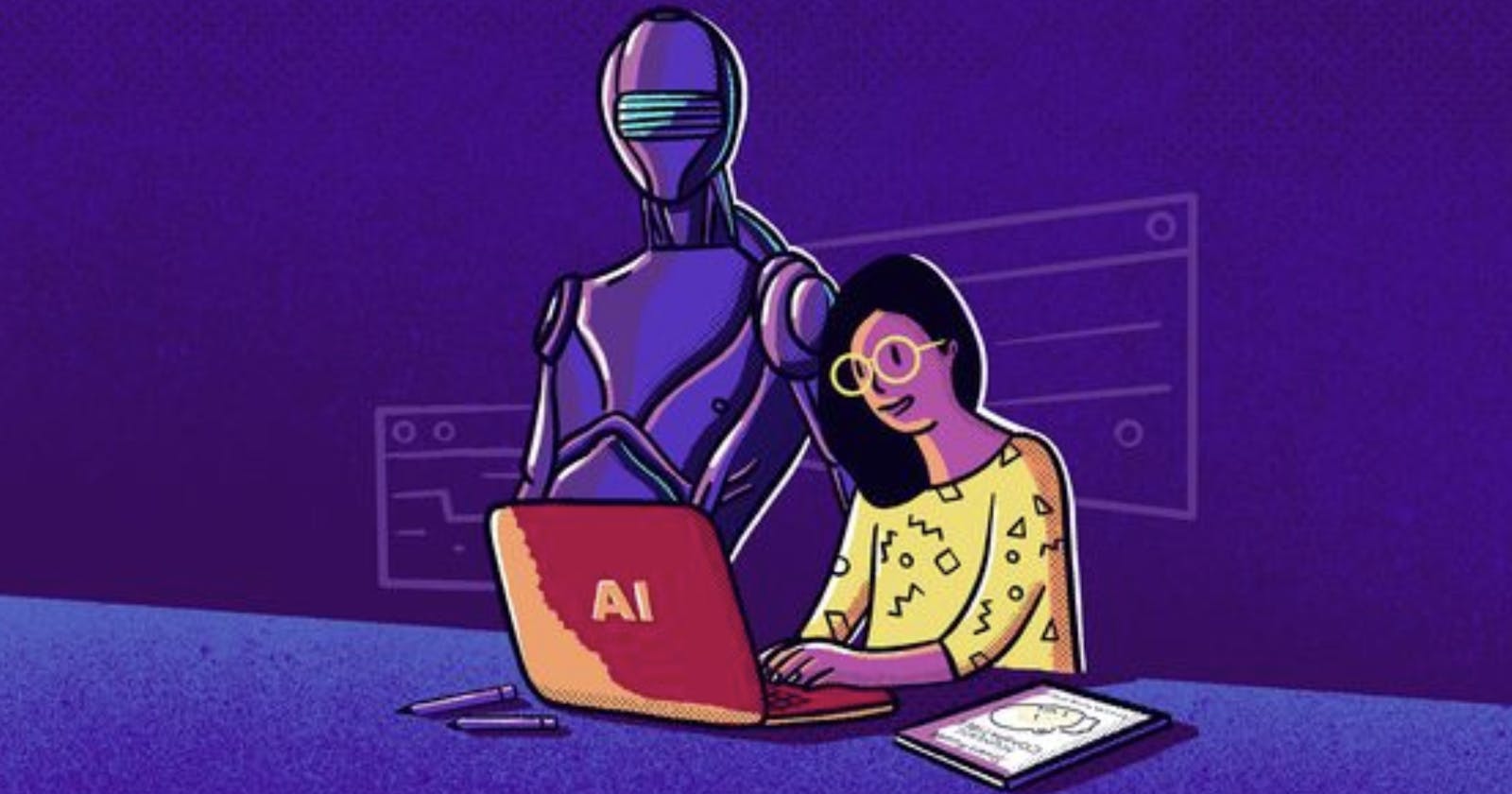In recent years, advancements in artificial intelligence (AI) have sparked discussions about its potential to revolutionize various industries, including content creation. With the rise of AI powered content generation tools, there is growing curiosity about whether AI can eventually replace human writers. In this blog post, we will explore the impact of AI content tools on the writing landscape.
Understanding AI Content Tools
AI content tools leverage natural language processing (NLP) algorithms and machine learning techniques to generate human-like text. These tools can analyze vast amounts of data, learn patterns from existing content, and generate new content autonomously. Some popular AI content tools include OpenAI's GPT-3, Copy.ai, and ShortlyAI, among others.
The Advantages of AI Content Tools
Efficiency: AI content tools can produce content at a rapid pace, significantly reducing the time and effort required for writing.
Consistency: AI-generated content tends to be consistent in style, tone, and quality, making it suitable for maintaining brand voice across various platforms.
Scalability: AI content tools can scale effortlessly to meet increasing content demands without compromising quality.
The Limitations of AI Content Tools
Lack of Creativity: While AI can generate text based on patterns in existing data, it may struggle with creative thinking and originality.
Contextual Understanding: AI content tools may not grasp nuanced contexts or emotions as effectively as humans, leading to inaccuracies or misunderstandings in the generated content.
Ethical Concerns: There are ethical considerations surrounding the use of AI-generated content, including plagiarism, bias, and misinformation.
The Role of Human Writers
Despite the advancements in AI content tools, human writers continue to play a crucial role in content creation. Here are some reasons why:
Creativity and Innovation: Human writers bring creativity, intuition, and unique perspectives to their work, producing original and engaging content that resonates with audiences.
Emotional Intelligence: Human writers excel in understanding complex emotions, cultural nuances, and audience preferences, allowing them to tailor content effectively.
Quality Control: Human oversight is essential for reviewing and refining AI-generated content, ensuring accuracy, relevance, and adherence to ethical standards.
The Future of Writing
While AI content tools offer undeniable benefits in terms of efficiency and scalability, they are unlikely to completely replace human writers. Instead, the future of writing may involve a symbiotic relationship between AI and human writers, where AI augments human creativity and productivity rather than supplanting it entirely.
Conclusion
The question of whether AI can replace writers is complex and multifaceted. While AI content tools have the potential to streamline content creation processes and improve efficiency, they are not without limitations. Human writers bring invaluable qualities such as creativity, emotional intelligence, and ethical discernment to the table, making them indispensable in the writing landscape. As we navigate the evolving relationship between AI and human writers, it is essential to embrace the strengths of both and leverage technology responsibly to achieve optimal results in content creation.

